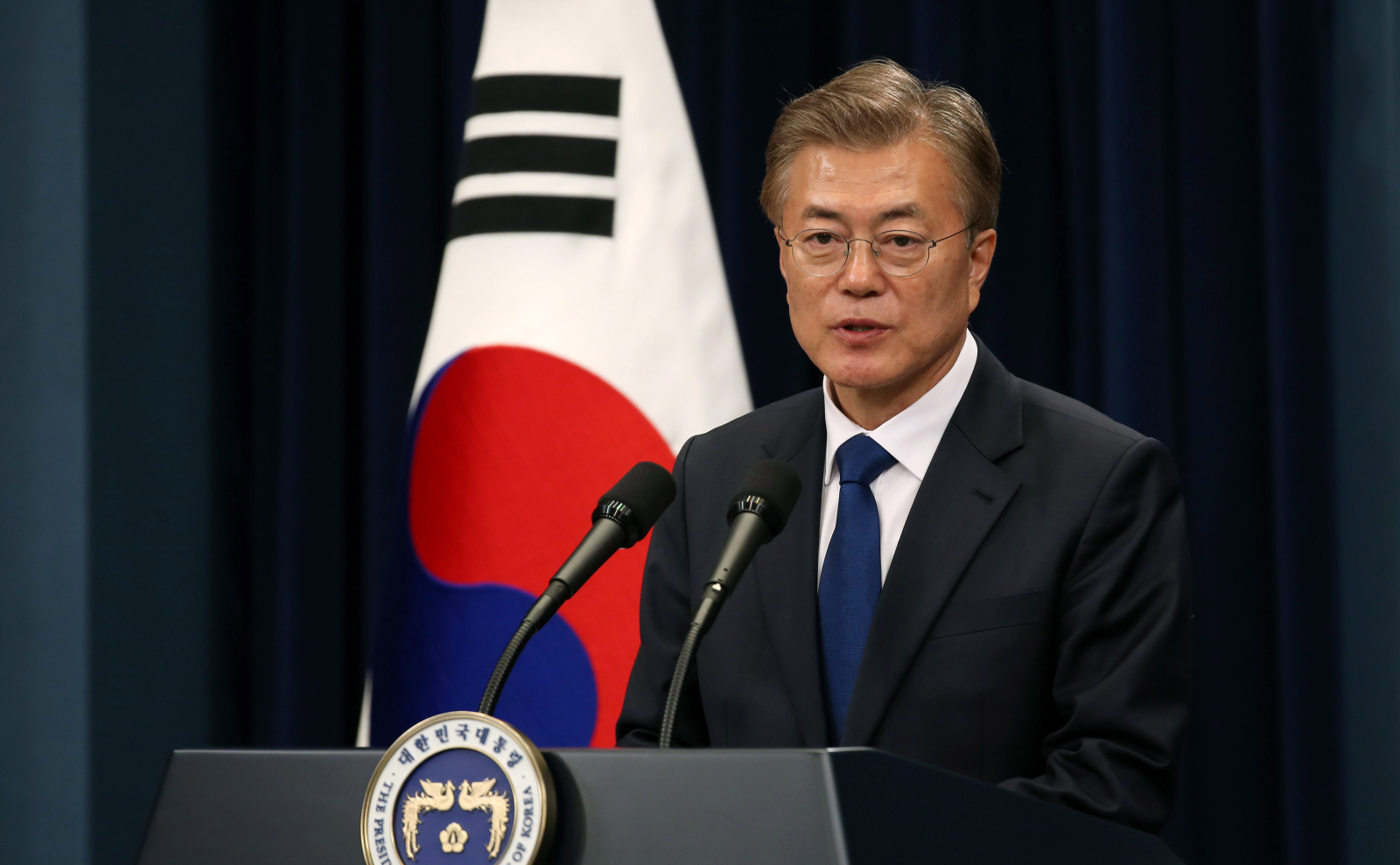South Korea at the Crossroads – Security and Economic Regional Strategy in a Fluid Environment

Practical information
Positioning itself as a ‘middle power’, South Korea has promoted an increasingly proactive regional diplomacy, in particular by organizing a diversity of high-level multilateral gatherings on regional security governance, such as the Northeast Asia Peace and Cooperation Initiative (NAPCI) or the Seoul Defense Dialogue.

Still, outcomes remain limited, for the ROK diplomacy tends to be monopolized by the complexity of the North Korean issue. Recent evolutions on the Korean peninsula, as well as the power shift between the US and China is pushing Seoul to adapt and make decisive choices about its future: inside or outside the US security architecture? What stance should Korea take towards China's proposal of a "new security architecture" in the region? How does ROK position itself towards the Indo-pacific initiatives?
Another set of questions is similarly related to Seoul’s role in the economic and trade regional governance in Asia: in the era of China-US competition, what is ROK’s Free Trade Agreements strategy, and its stance vis à vis the CP-TPP and RCEP? What is the significance of Seoul’s New Southern Policy? Is the ROK-Japan-China economic triangle still alive?
This conference aims at discussing these questions and assess the evolving South Korea security and economic regional strategy.
This event is co-organised by the KF-VUB Korea Chair and IFRI.
The conference will be held in English.
PROGRAMME
9:15-9:30 - Welcoming Remarks
- Ramon PACHECO-PARDO, KF-VUB Korea Chair, Institute for European Studies, Vrije Universiteit Brussel, and King’s College, London
- Françoise NICOLAS, Director, Center for Asian Studies, Ifri
9:30-11:00 - Panel 1 – South Korea's regional security strategy: hedging the bets or a work in progress?
Chair: John NILSSON-WRIGHT, Senior Lecturer, Japanese Politics and International Relations, University of Cambridge & Senior Research Fellow for Northeast Asia, Chatham House
- KIM Wonsoo, Distinguished Professor, Yonsei University
- LEE, Jae-Seung, Professor and Jean Monnet Chair, Korea University
- Ramon PACHECO-PARDO, KF-VUB Korea Chair, Institute for European Studies, Vrije Universiteit Brussel, and King’s College, London
- Alice EKMAN, Senior Analyst, EUISS
11:00-11:15 - Coffee Break
11:15-12:45 - Panel 2: South Korea's regional economic strategy in the era of US-China competition
Chair: Patrick MESSERLIN, Professor emeritus, Sciences Po, Paris
- CHOI Byung-il, Professor, Ewha Womans University GSIS
- Christophe ANDRÉ, Korea desk, OECD
- Edouard BOURCIEU, DG Trade representative
- Françoise NICOLAS, Director, Center for Asian Studies, Ifri
Other events

Paris Naval Conference 2026: Naval Rearmament and Operations in Contested Waters
This fourth edition of the Paris Naval Conference (CNP), bringing together high-level military, industrial, and academic speakers, will address the challenges associated with general naval rearmament and naval operations in increasingly contested environments.





